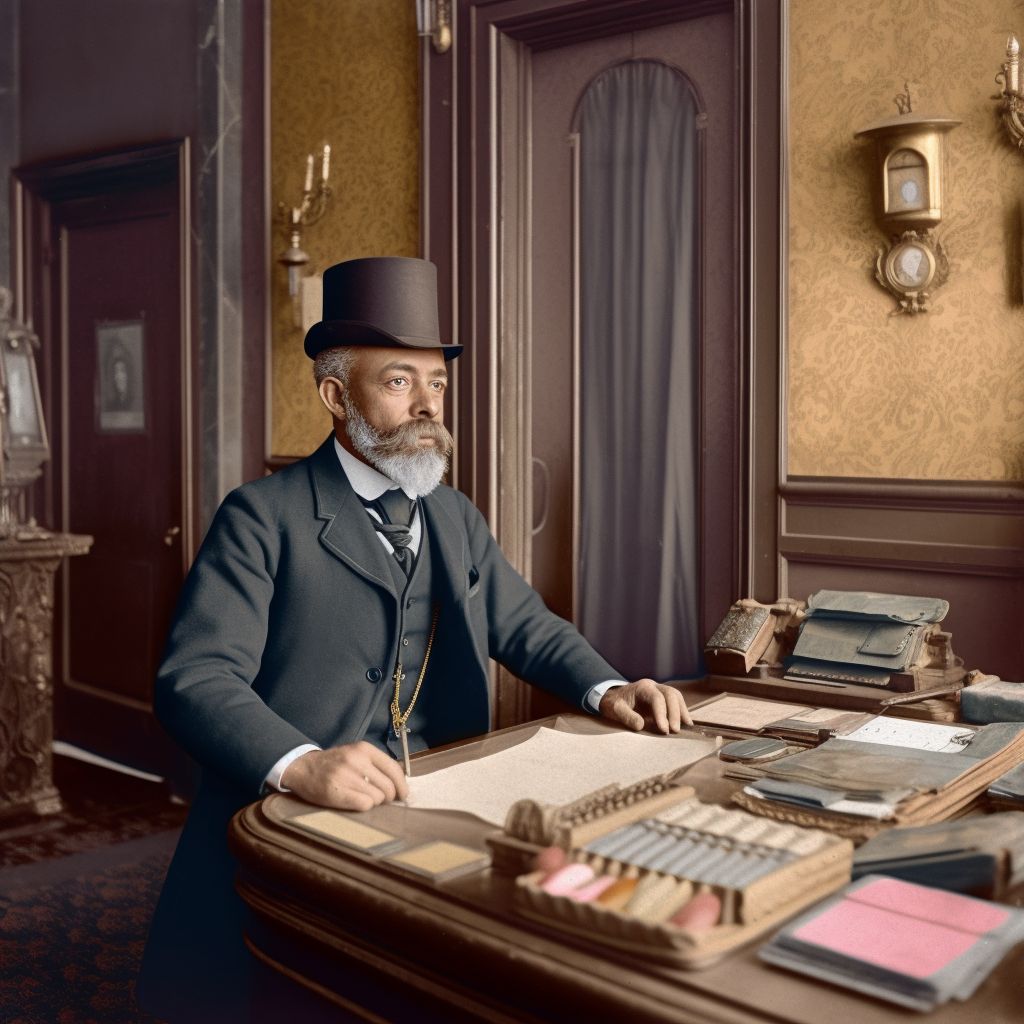Concierge
The concierge profession has been an essential component of the hospitality industry, providing invaluable services to guests in hotels, apartment buildings, and other residential and commercial establishments. In 1880, the role of the concierge experienced a significant shift, as technological advancements and innovations began to change the way they performed their duties. This article aims to provide a comprehensive overview of the concierge profession during this period.
The Role of the Concierge
Concierges serve as the primary point of contact for guests in hotels and other establishments, ensuring that their stay is both comfortable and enjoyable. Their responsibilities include managing reservations, greeting and assisting guests upon arrival, providing information about local attractions and services, and attending to any special requests or needs that guests may have.
In addition to their guest-facing duties, concierges also perform various administrative tasks, such as managing mail and deliveries, coordinating with other staff members, and maintaining records of guests and their preferences.
Technological Advancements and Innovations
The late 19th century saw several significant technological advancements that impacted the concierge profession. One such innovation was the introduction of the telephone, which allowed concierges to communicate more efficiently with guests and other staff members. This technology greatly improved the concierge's ability to manage reservations, coordinate services, and attend to guests' needs promptly.
Another influential development during this period was the emergence of auto sapient labor, particularly in the form of automatons. These advanced machines, often referred to as "steelies," possessed the ability to learn and adapt to various tasks, making them well-suited for assisting concierges in their duties.
Impact on the Concierge Profession
The introduction of auto sapient labor and other technological advancements had several positive effects on the concierge profession. With the assistance of steelies, concierges were able to delegate more routine tasks, such as managing luggage and deliveries, allowing them to focus on providing personalized service to guests.
The use of steelies also allowed for more efficient communication and coordination between concierges and other staff members, resulting in improved overall service quality and guest satisfaction.
Furthermore, these innovations enabled concierges to handle a larger volume of guests and requests, as they could rely on the support of auto sapient labor and modern communication technologies to manage their workload effectively.
Conclusion
The concierge profession in 1880 was characterized by significant shifts and developments, as technological advancements and the introduction of auto sapient labor transformed the way they performed their duties. These changes allowed concierges to provide more efficient and personalized service to guests, ultimately enhancing the guest experience and ensuring the continued success and relevance of the concierge profession in the hospitality industry.
Type
Public Relations

